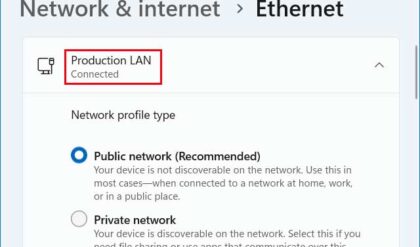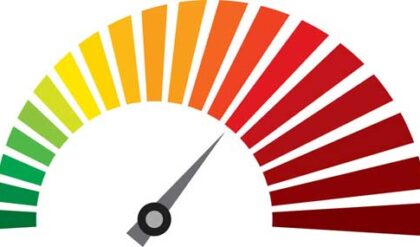Is your host up to speed?

Finding a reliable web host for your business’ website and email is one of the prerequisites of maintaining a good and productive online presence. You might have put a lot of effort in making sure that you have a flawlessly designed site, and there could be great opportunities to make money either from selling your own products and services or as an affiliate. Without proper web hosting, however, all your efforts could go to waste. Unfortunately, many site owners don’t quite understand the sensitivity of business success to the choice of a web host.
According to a Forbes article on mistakes that people make when setting up their websites, choosing the wrong host is identified among the most common mistakes. Individuals are quick to take up free and easy-to-get hosting plans without taking into serious consideration how using the option will affect business. Don’t make this expensive mistake. Follow the following simple tips to choose the best web host.
1. Identify Your Hosting Needs
After you understand your needs, you’ll have the basis to evaluate the suitability of different web hosting options to your needs. You will you know whether to go for shared web hosting, Virtual Private Server, or dedicated hosting, for instance.
2. Importance of Site Uptime

Anyone who has experience managing a site knows that downtime can break a business irreparably. The host you choose has to have an excellent uptime record (not anything less than 99%). You don’t want your site to be down at any time. How will customers find you and access your products?
Website downtime can cost you significant amounts of profits. Recently, Amazon’s site went down for only 20 minutes. The company estimated the effect of the downtime to a value of approximately $3.75 million loss of profits. A research by App Dynamics (now a part of Cisco) analyzed the total cost of unanticipated application downtime for Fortune 1000 companies. The research found out that the cost ranges between $1.25 billion and $2.5 billion.
While your SME might not lose such amounts of money to downtime, it is important to remember that any amount of losses can accumulate to substantially affect your business. Therefore, you need to take time when choosing a web host to make sure that they have good uptime scores.
3. How Fast are the Host’s Servers?
Customers are quick to leave a site if it takes more than 3 seconds to load. 3 seconds!! That’s how impatient customers are and you cannot blame them. A whole lot of your competitors are waiting for your customers to bounce off to their sites.
Don’t let downtime affect your conversion rates and sales. Choose a web host whose servers have an acceptable speed. Online reviews by other customers of your desired host can provide useful insights on the speed stats of the host’s servers.
4. Security and Support

The hosting company’s infrastructure can influence the security of your site. A host’s vulnerability can be the cause of a security compromise on your site. Look for a host that provides monitoring services, firewalls, automatic backups, and other security add-ons.
Support is a key indicator of a web host’s reliability. The best web hosting service provider offers 24/7 support through multiple channels. Whether you want to pass a query about billing or make urgent contact with customer service at any time, the host needs to make sure there is knowledgeable and dedicated customer support staff on the other side of the line ready to help you. Many hosting providers promise this kind of support but few deliver their promise. Look beyond just promises. Dig out the reputation of the company from various sources to ensure you end up purchasing a host you can rely on.
5. A Host You Can Grow With
Choosing a web host and hosting plan that you can stick with in the long haul is recommended. A host with powerful hardware, flexible software plans, excellent support, and such attributes can be a good choice. The host can provide additional capabilities as your business and site grows.
6. Pricing
The most critical aspect of pricing, though, relates to extra charges. Make sure you understand clearly all the charges of a hosting plan. Ask for an explanation if necessary. If there are add-ons or extra services, are you supposed to pay extra money for them?
Are you considering purchasing a domain name alongside your hosting plan? Buying a domain name is exciting especially for new website owners. As reported by HostInspection, getting a great name is important, but getting trustworthy domain buyer protection is crucial. Purchase domain names only from authorized and trustworthy vendors.
There are many considerations one has to make when choosing a web host. When you know what your business and site needs today and in the foreseeable future, you are in a better position to choose a host with suitable characteristics for the growth of your business. Hopefully, the tips above will prove useful as you choose the best host for your site.






